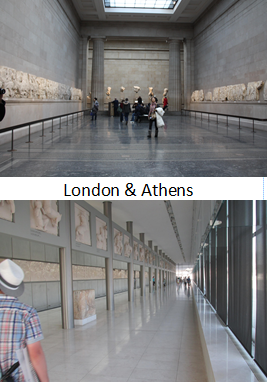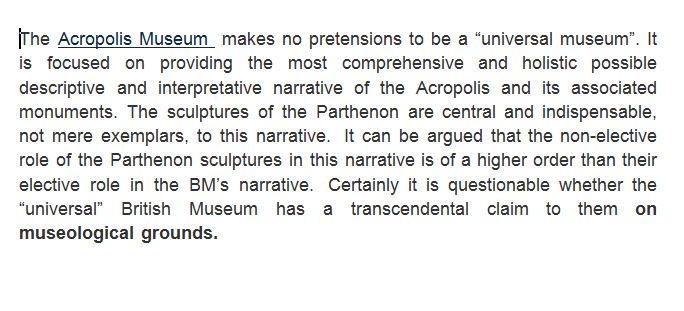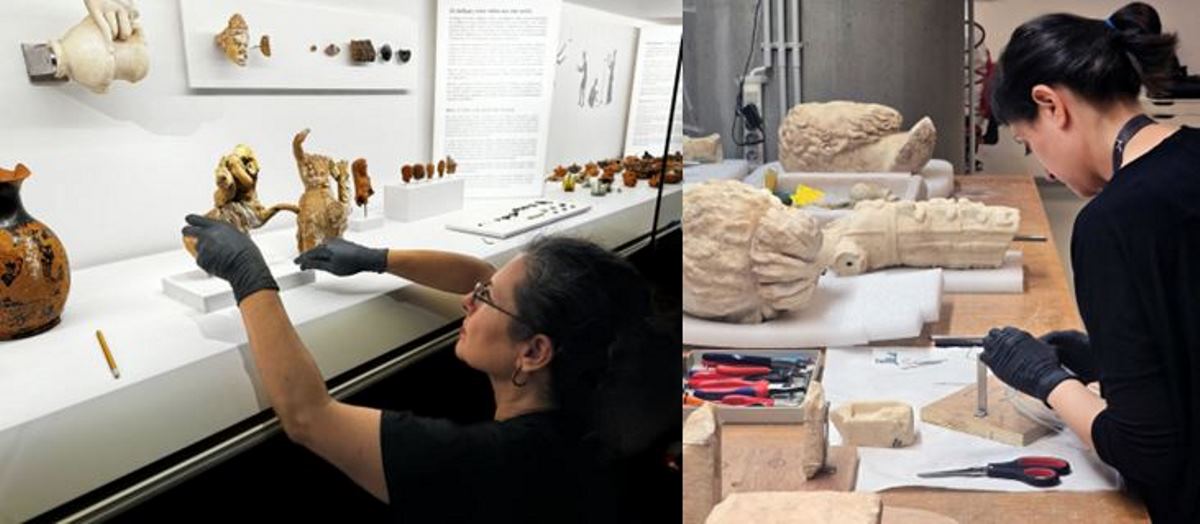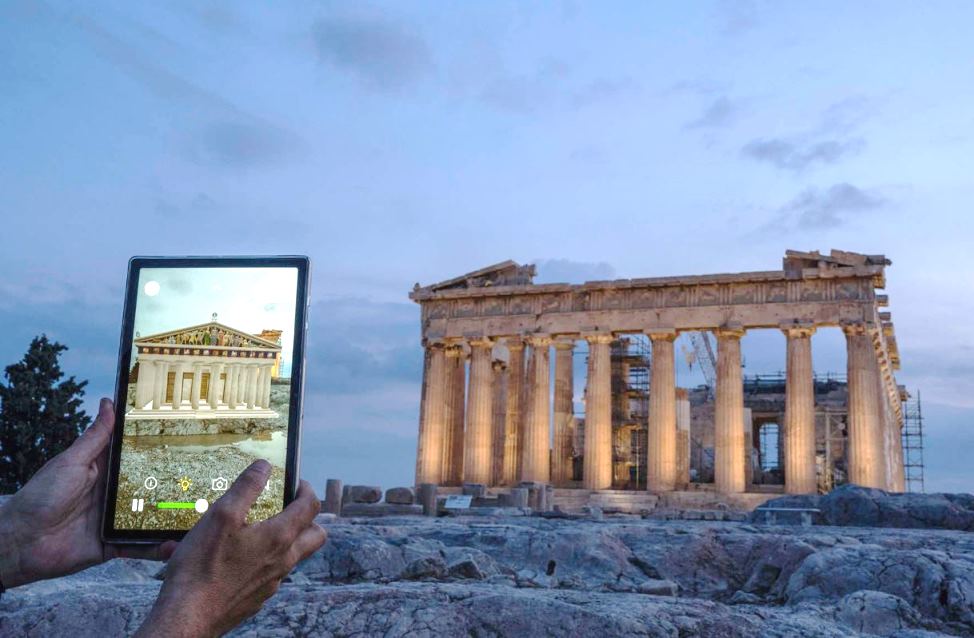The location of the Parthenon Marbles and their acquisition has to be rethought in the light of a different world. If you know a great deal about this subject we hope that what we have written here will continue to engage you, and if you know nothing at all, that this will help you find greater understanding.
It is said if the British Museum ever agreed to return the Marbles to Athens, it would "open the floodgates", leading to the denuding of the world's encyclopaedic museums.
There is no hard evidence that museums would be denuded should the fragmented Parthenon marbles be returned to their other halves in Athens. For European and North American museums to suggest that they would be denuded is tantamount to admitting that part of their collections were dubiously acquired. They might not be wrong. Some items have already been returned and no great fuss has ensued.
In any event, the Parthenon marbles present a unique case in that the original building to which they belonged is still standing in plain sight. This makes the specific case for their return exceptional.
The great encyclopaedic or 'universal' museums in London, Paris, Berlin, New York - ex-colonialists to a man - are all subject to laws laid down in internationally agreed legal instruments such as the 1970 UNESCO Convention on the safeguarding of cultural property.
More on BCRPM's Chair Dame Janet Suzman's fresh refutations to old objections, here.
And a response, which continues to be relevant, made four years ago by our late Chairman, Eddie O'Hara too:








Comments powered by CComment